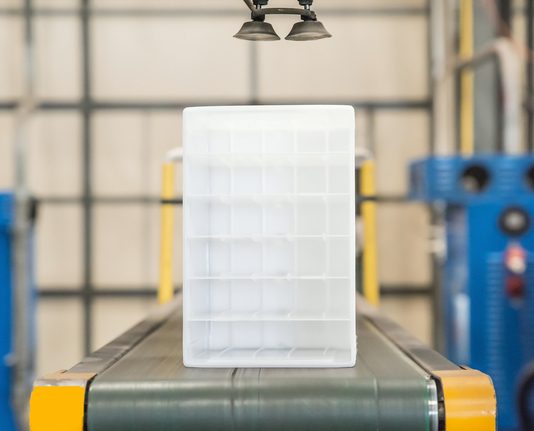What are biofuels, to what extent are they an effective solution for sustainable operations, and how widespread is their practical application? This article addresses this question.
What are bioplastics exactly?
An environmentally friendly alternative to plastic in the traditional sense of petroleum-derived plastic. Bio-plastics are made either from a percentage or entirely from plant-based materials.
In most cases, they can be based on sugar cane, maize, or, in line with recent trends, seaweed. Another important component of their application is the ability to degrade essentially plant-based bio-plastics within a rational period.
It should be noted, however, that not all bioplastics are fully degradable, and degradation is only possible under certain conditions. The selective collection is necessary, followed by special composting facilities to ensure the necessary conditions for degradation.
How widespread is the use of biofuels today?
The data currently available suggest that the use of biofuels is moderate. They can be produced without using oil, but there are barriers to their widespread use.
The production of biofuels requires agricultural land. Currently, only about 0.02% of this land can support the biomass processing industry. This percentage could only be increased at the expense of land used for food production, not to mention the risks of soil erosion that could result from over-exploitation.
The costly process of producing biomass is also a barrier to large-scale deployment. Fortunately, there are already examples of good practice at a global and national level.
Current situation regarding the use of biofuels
Over the last few years, the issue of pollution and waste accumulation has received more publicity, and a trend towards sustainability is beginning to emerge.
However, in Hungary, the production and distribution of biofuel products is still a curiosity, although there is a growing demand for this type of products and solutions from consumers.
Worldwide, there are around three million registered companies producing products based on biofuels. Among the better-known brands, Fuji Xerox increased the share of bio-based materials in its printers to 30 percent in 2007.
Coca-Cola and Pepsi are trying to increase the proportion of bioplastics in the bottles they sell, Ford is using the innovative raw material in some of its models and Procter & Gamble is offering consumers Pantene shampoo in a cane-based bottle.






